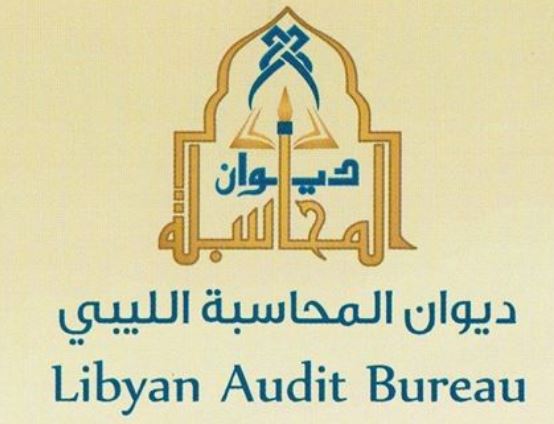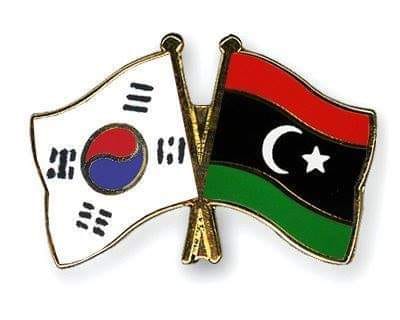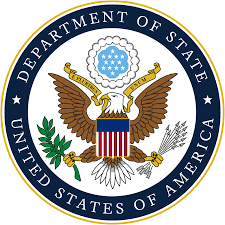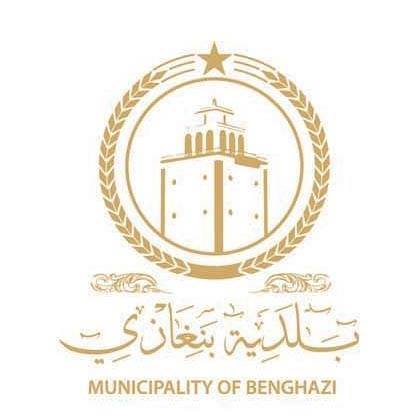The long-standing impasse between Libya’s state Trucks and Buses Co (TbCo) and Italy’s IVECO over outstanding debts to the Italian company was finally broken last week by IVECO agreeing to receive small, part repayments of TbCo’s debt over a period of time.
Highly placed sources close to the matter informed Libya Herald that much work has been ongoing for months and years in the background to resolve the matter. TbCo has agreed to pay an initial sum as a sign of good faith and to unlock the deadlock. This will enable it to import some spare parts to start some production which will be sold to generate revenue to pay wages.
The cycle of small debt repayment will continue step by step until production is stepped up and larger chunks of the debt can be repaid.
The presence of Italy’s Minister of Companies and Industry Adolfo Urso during the Libya International Conference on Industry and Technology in Tripoli (20-21 May), and the signing of a ‘‘Joint Statement’’ with the Industry Ministry, contributed to a long process of ending the TbCo-IVECO deadlock.
The Joint Statement, Libya’s Ministry of Industry and Minerals said, expressed the desire of the two parties to enhance cooperation between the two countries.
Minister of Industry and Minerals, Ahmed Abuhisa, said that the ministry will seek to put the recommendations of the agreement into practice, explaining that the terms of the friendship and partnership agreement concluded with Italy in 2008 entered into force.
For his part, the Italian Minister of Companies and Industry, during his speech at the conference, stressed the depth of the strategic partnership with Libya, especially in the fields of energy, oil and gas, and readiness for joint work and support for strategic projects for energy production in Libya, to meet local needs and export abroad.
Can this formula be replicated?
The question that must be asked is: Can this formula and template be repeated by other companies and countries to unlock their gridlocks with Libya?
Other stalled projects?
Can the thousands of stalled contracts and projects across Libya with tens of companies and countries be resolved following a similar formula? Or is the TbCo-IVECO relationship a unique, historic one reflecting a unique situation? Does it reflect Italy’s desire to indeed forge a strategic relationship with Libya?
Thinking and acting outside the box
Italy seems to have recognised the reality of the situation on the ground in Libya and chose to overlook conventional processes. It seems to have decided that it must think and work ‘‘outside the box’’ in order to start the ball rolling. It decided to walk the walk as well as talk the talk of close friendship and strategic partnership.
Hence, this is the questions that other companies and countries with a stalled business relationship/s with Libya must ask themselves – if they consider doing business with Libya important enough. Do they consider Libya an important future strategic business partner or not – or will they move on to ‘‘easier’’ markets?
The resolution of the TbCo-IVECO impasse seems to suggest that Italy does indeed view Libya as a strategic future partner across the mediterranean. Let us also hope that the current Libyan administration appreciate this and reciprocate accordingly as it takes two to tango. It takes two to establish a long-term win-win relationship.












